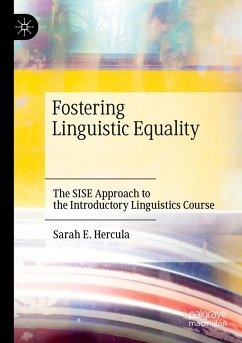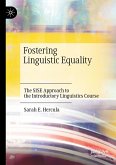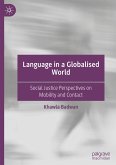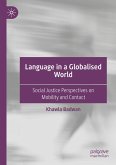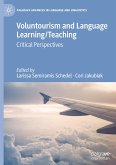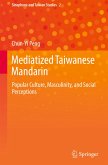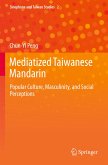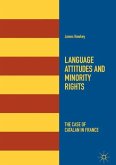This book offers one possible solution in the pursuit of linguistic equality by exploring how the Structural Inquiry of Stigmatized English (SISE) approach to linguistics pedagogy can be used to empower linguistics students and researchers as ambassadors for change. By using stigmatized varieties of English (including African American English, Chicano English, and Appalachian English) as the primary linguistic data analyzed through detailed structural analysis, the SISE approach fosters linguistically principled and pluralistic language attitudes among students, as evidenced by the author's own empirical research in applying the method. This book not only advocates for linguistic equality but also provides teachers and researchers with the tools they need to counteract prejudicial attitudes and disinformation about language both in and outside the classroom. It will be an essential resource for linguistics teachers, applied linguists, curriculum developers, students and scholars of language attitudes and language variation, and anyone seeking more information about the relationships between diversity, (in)equality, and language.
"The book's strengths lie in its ability to serve as a pedagogical framework for linguistic courses, and a resource for facilitating discussions on linguistic discrimination. The book is suited to sociolinguists, language educators, and anyone seeking a better understanding of the complex interplay between language and societal relations, particularly in the US socio-cultural context. ... The book ... serves as a catalyst for shaping educational policies and student support services." (Liubov Darzhinova, Journal of Language and Discrimination, Vol.8 (1), 2024)

